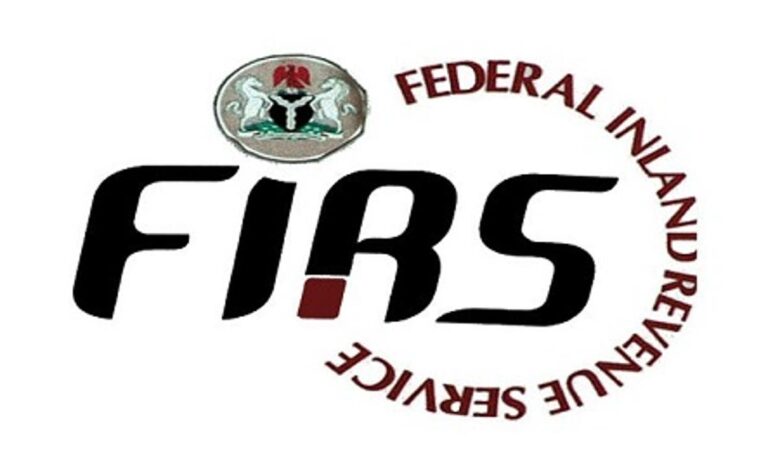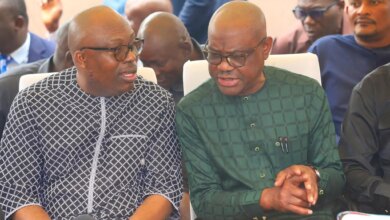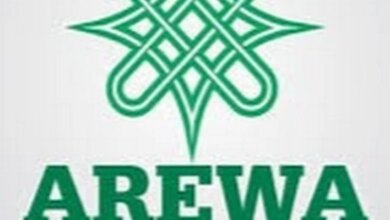‘Debt legitimate component of national budget’ – FIRS defends Nigerian Govt’s borrowing framework

The Federal Inland Revenue Service, FIRS, says debt remains a legitimate component of every national budget.
The FIRS chairman, Zacch Adedeji, said this on Tuesday while addressing journalists during a session of the Meet-the-Press series organised by the Presidential Communications Team, at the Presidential Villa, Abuja.
Adedeji defended the federal government’s borrowing plan, announcing that Personal Income Tax, PIT, and Company Income Tax, CIT, reforms would take effect from January.
He equally stated that federal revenue collection rose to N3.64 trillion in September 2025, a 411 per cent jump from N711 billion in May 2023.
The FIRS further explained that the administration of President Bola Tinubu had ended the practice of Ways and Means financing through the Central Bank, converting the facility into a structured federal loan.
According to him, the government is now servicing the debt through both principal and interest repayments, a measure he said has contributed to stability in the economy and eased pressure on the exchange rate.
“Borrowing is not a problem. It is part of every viable nation’s ecosystem. No country in the world survives entirely on its own revenue.
“When the government borrows from banks, it pays interest; banks pay salaries from that, and taxes are collected from their profits. It is a cycle that sustains continuity,” he said.
The FIRS boss noted that every budget has three components, expenditure, revenue, and loans.
He argued that as long as borrowing falls within what was approved by the National Assembly, there should be no controversy.
“Borrowing to fund infrastructure, like roads, yields future tax revenues from businesses and individuals who benefit from those projects. It is a sustainable approach,” he said.
He also confirmed that beginning January, PIT and CIT reforms will be rolled out to expand Nigeria’s revenue base, in line with the administration’s drive to reduce overreliance on borrowing.
On the rise of revenue, a deck shared by the Tax Chief, showed that the increase was driven by higher non-oil receipts.





